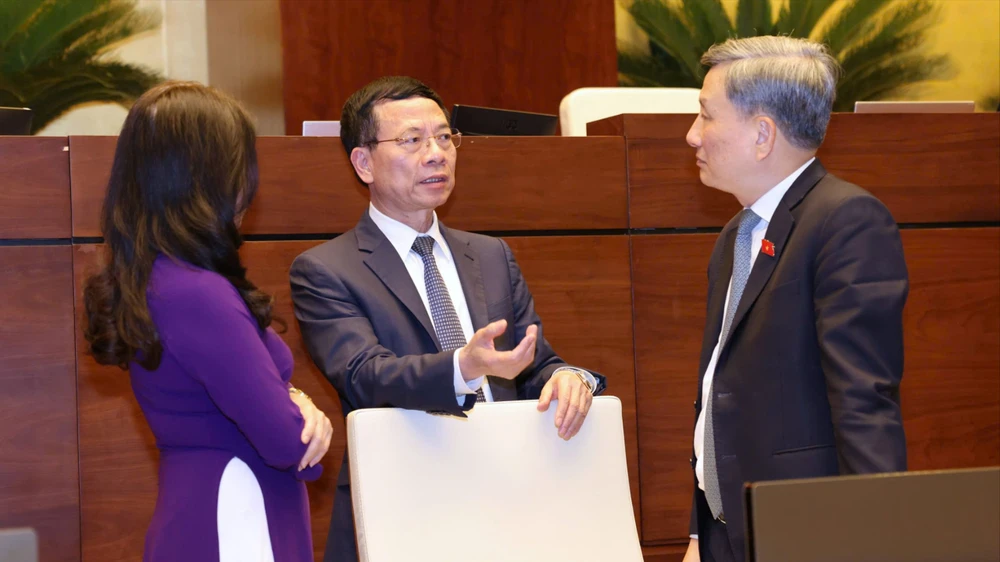
Discussing the draft law, National Assembly deputies still have concerns about many contents.
Delegate Tran Khanh Thu ( Thai Binh ) and many Delegates are interested in the issue of accepting risks in science - technology (S&T) activities and innovation.
Deputy Tran Khanh Thu said that the contents of the risk acceptance mechanism in scientific and technological research and innovation activities are still general. For example, the draft stipulates that there will be no administrative or civil liability for damages caused to the State if the procedures and regulations are fully complied with during the implementation process and there is no fraudulent behavior, violation of the law or misuse of the objectives and scope of funding, and the Government will specify this in detail.
However, the draft requires the Government to stipulate criteria for determining risks and assessing compliance without stating what the procedures and regulations are for individuals, organizations and individuals to comply with when implementing science, technology and innovation. And, more importantly, which agency or organization is the one to correctly determine these procedures and regulations?
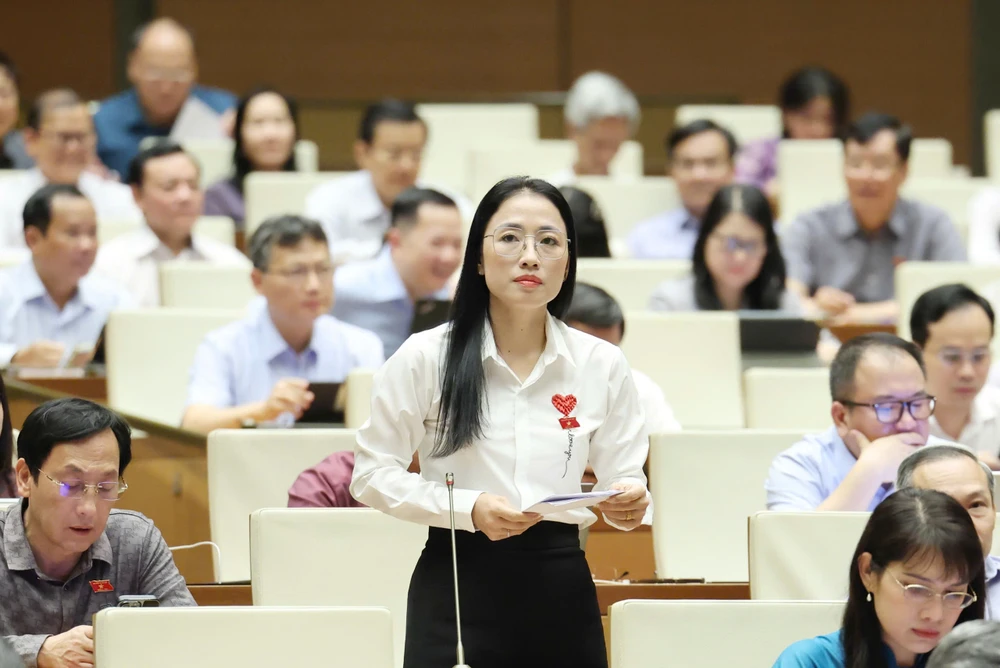
Delegate Tran Khanh Thu analyzed that scientific research will have two directions, one is success, the other is failure. Failure is something that researchers must accept the risk of, but there are cases where researchers know that the research direction has the risk of failure but still "try to force it", rushing into it to do it.
Therefore, the delegate believes that if the process and regulations are not clearly defined, they will be easily misunderstood and can be exploited, causing loss and waste of the state budget. The draft should add minimum principles on criteria for scientific and reasonable risk assessment; have a process for risk assessment and approval; and the competent authority should clearly identify risks in the document guiding the implementation of the law.
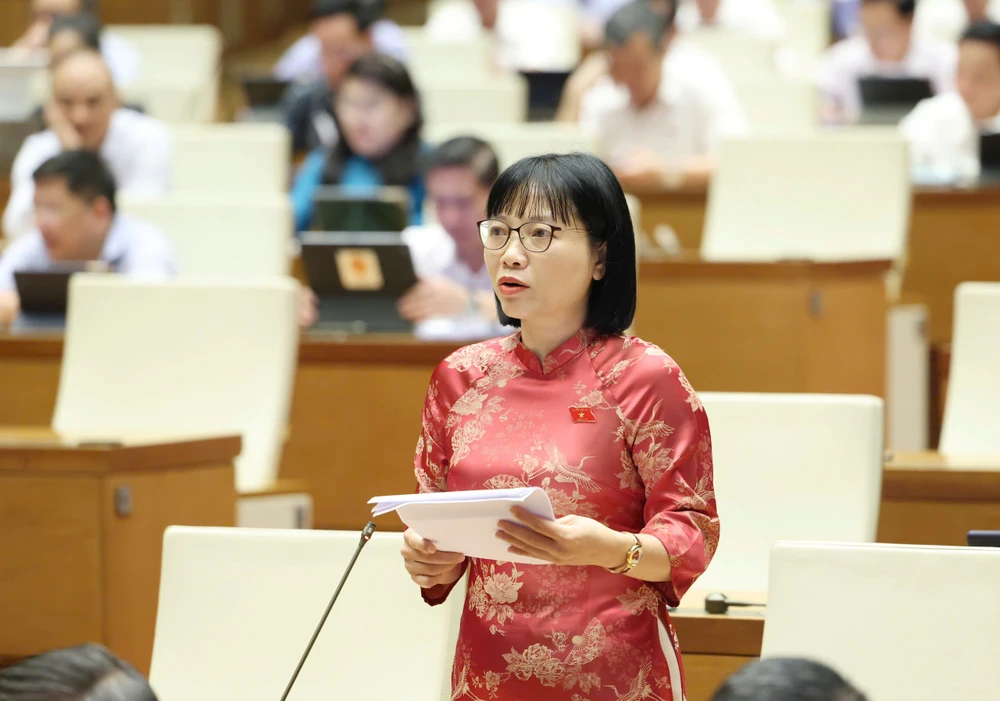
Deputy Nguyen Thi Viet Nga (Hai Duong) also fully supports the legalization of the spirit of “risk acceptance”, because the nature of research and innovation is to accept controlled failure. However, without a transparent mechanism, this provision can easily be abused.
Therefore, the delegate proposed to clarify the boundary between acceptable risks (e.g. model errors, experimental failures...) and unavoidable violations (fraud, poor research ethics...).
At the same time, it is necessary to establish a risk assessment council with in-depth and independent expertise; set up a separate fund for venture research, operating under the mechanism of "public risk investment", evaluating based on creative potential rather than just tangible output.
Delegate Tran Thi Nhi Ha (Hanoi) proposed to supplement the content clearly defining the personal responsibilities of heads of state agencies, organizations, and units who must be directly in charge, lead, and direct the implementation of science, technology, and innovation tasks, and be directly responsible to the Party Committee and superiors for the implementation results.
Because practice has proven that in industries, fields, localities or units where leaders play a pioneering role in improving digital capacity, applying technology and promoting innovation, science and technology activities there have many clear changes.
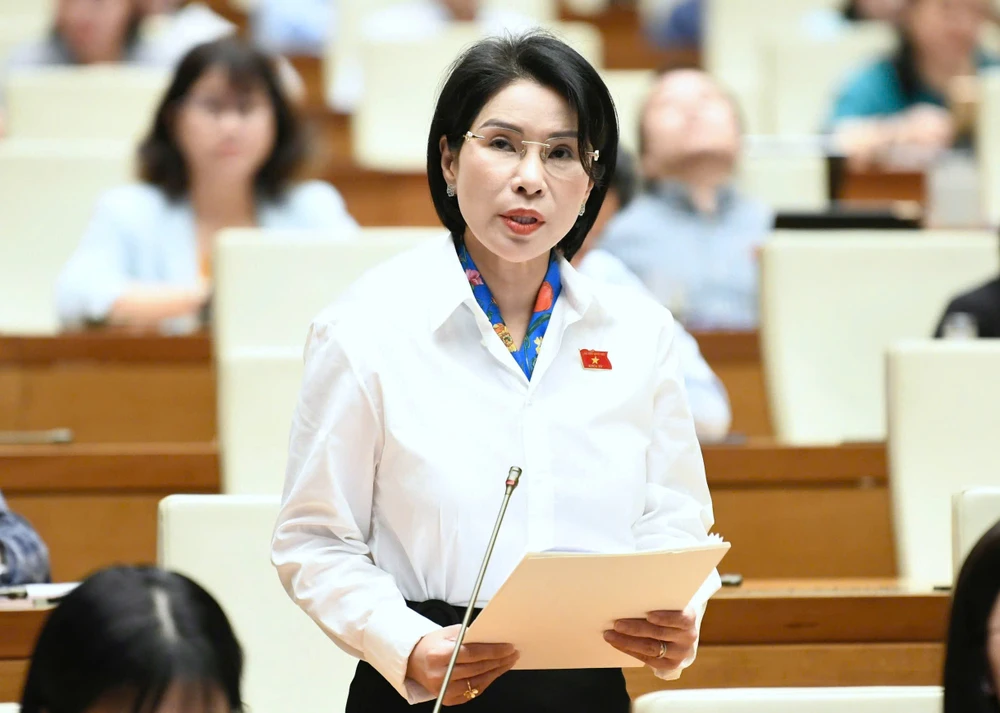
Regarding ordering domestic scientific research, Deputy Nhi Ha said that this is a proactive mechanism, contributing significantly to proactively providing research resources and reducing dependence on imported technology.
However, the draft has not clearly demonstrated its mandatory and directional nature, leading to the risk of formality in implementation and difficulty in creating substantive changes.
The delegate said that it is necessary to stipulate that every year, ministries, branches and localities are responsible for issuing a list of scientific and technological products that need to be ordered, clearly describing the output, application address and criteria for evaluating results. This list not only gathers issues that need to be researched, but also needs to be built from management practices and urgent requirements in socio-economic development.
In addition, it is necessary to stipulate that at least 20% of the annual science and technology budget of ministries, branches and localities must be spent on ordering domestic science and technology products. Clearly stipulating a mandatory rate will create motivation and pressure to implement, instead of just encouraging voluntary participation as is currently the case.
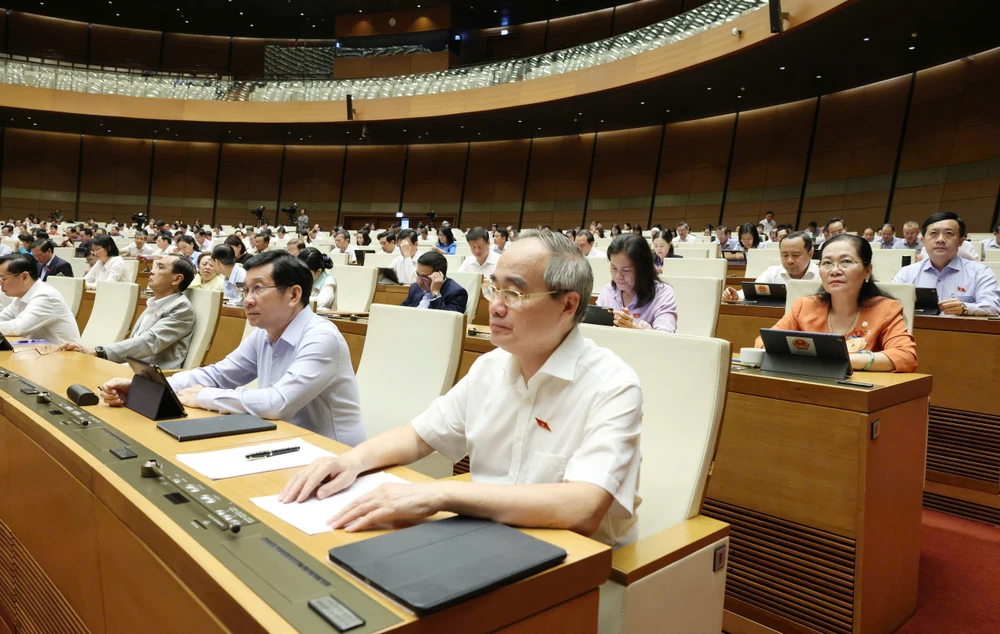
In addition, opinions also suggested clarifying the criteria for identifying talents in science and innovation; suggesting that the State ensure spending on science, technology and innovation activities at an average of at least 3% of the total state budget expenditure instead of 2% as stated in the draft...
Source: https://www.sggp.org.vn/luat-hoa-chap-nhan-rui-ro-nhung-phai-co-giai-phap-ngan-lam-dung-post795071.html





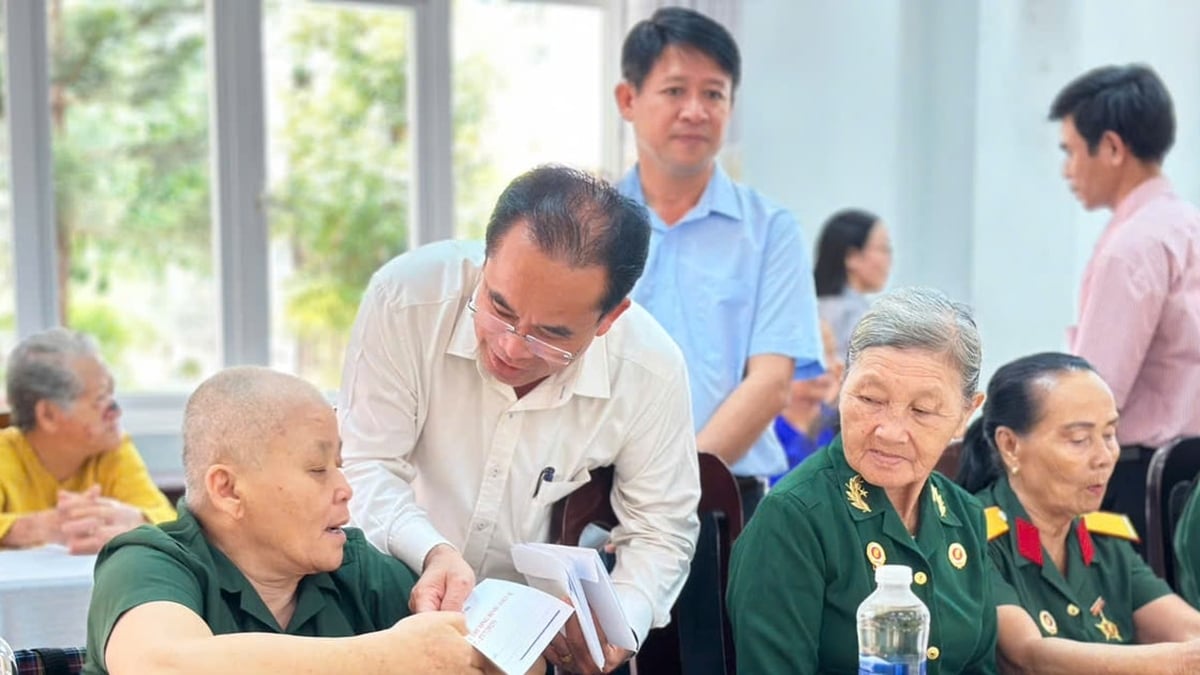


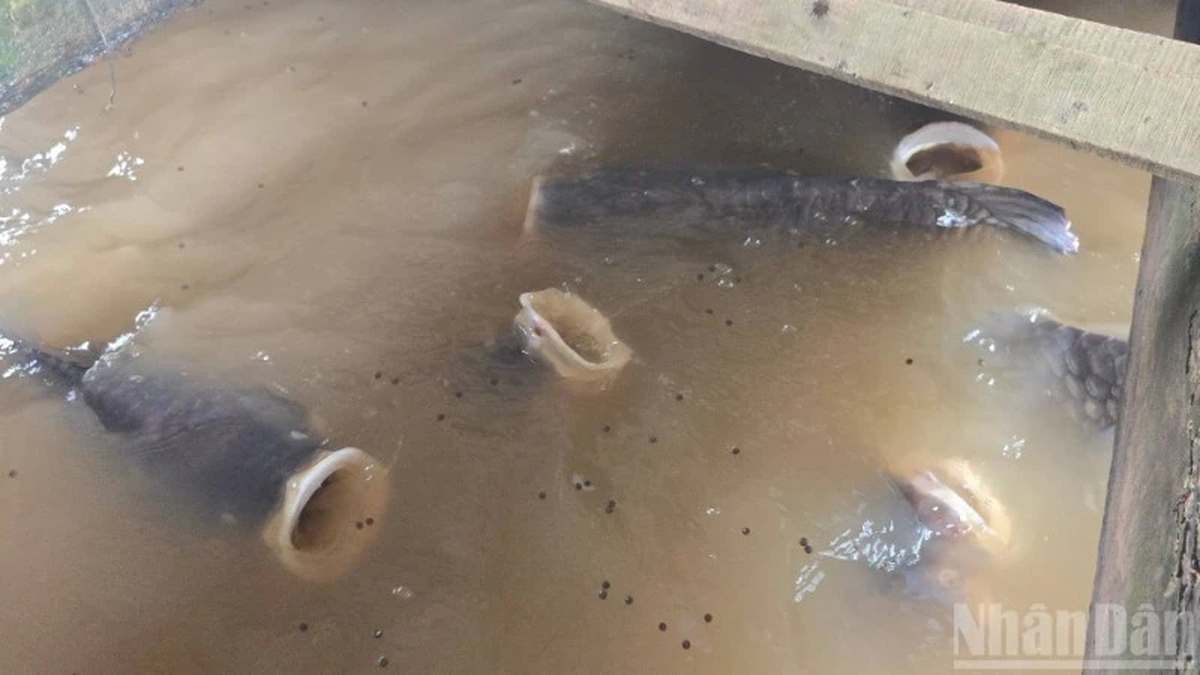






















![[Photo] National Assembly Chairman Tran Thanh Man visits Vietnamese Heroic Mother Ta Thi Tran](https://vphoto.vietnam.vn/thumb/1200x675/vietnam/resource/IMAGE/2025/7/20/765c0bd057dd44ad83ab89fe0255b783)



































































Comment (0)